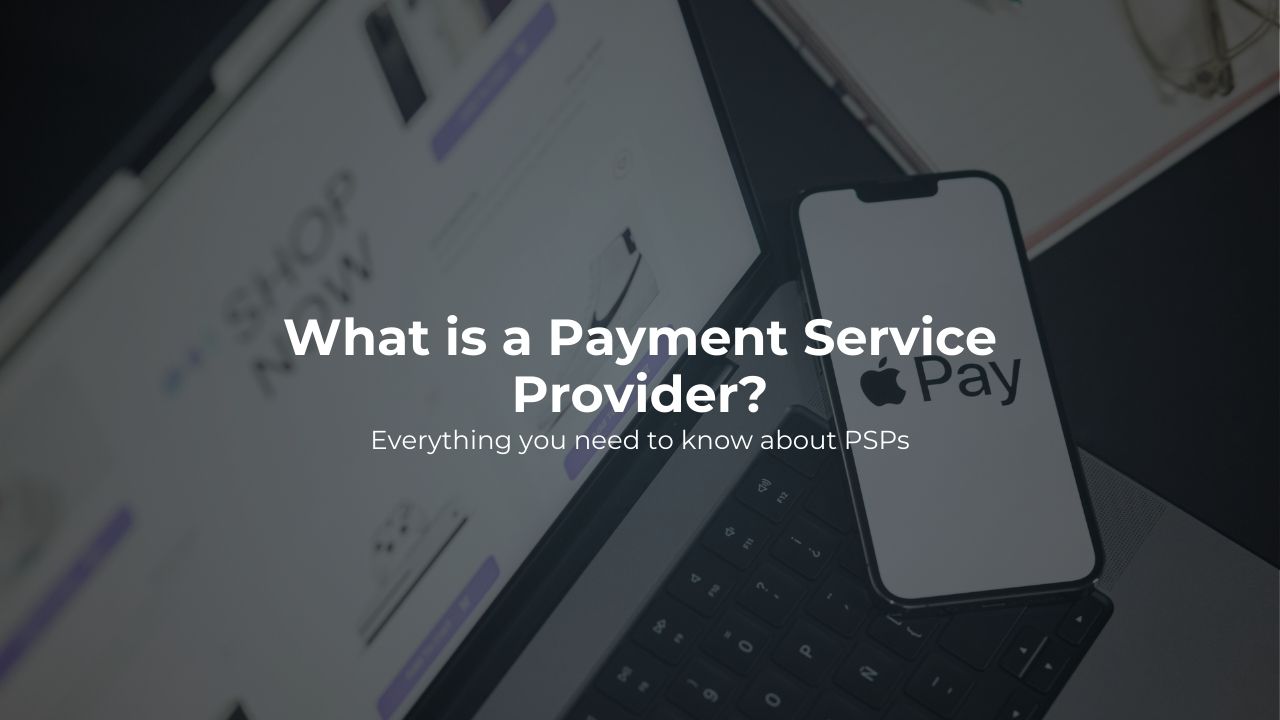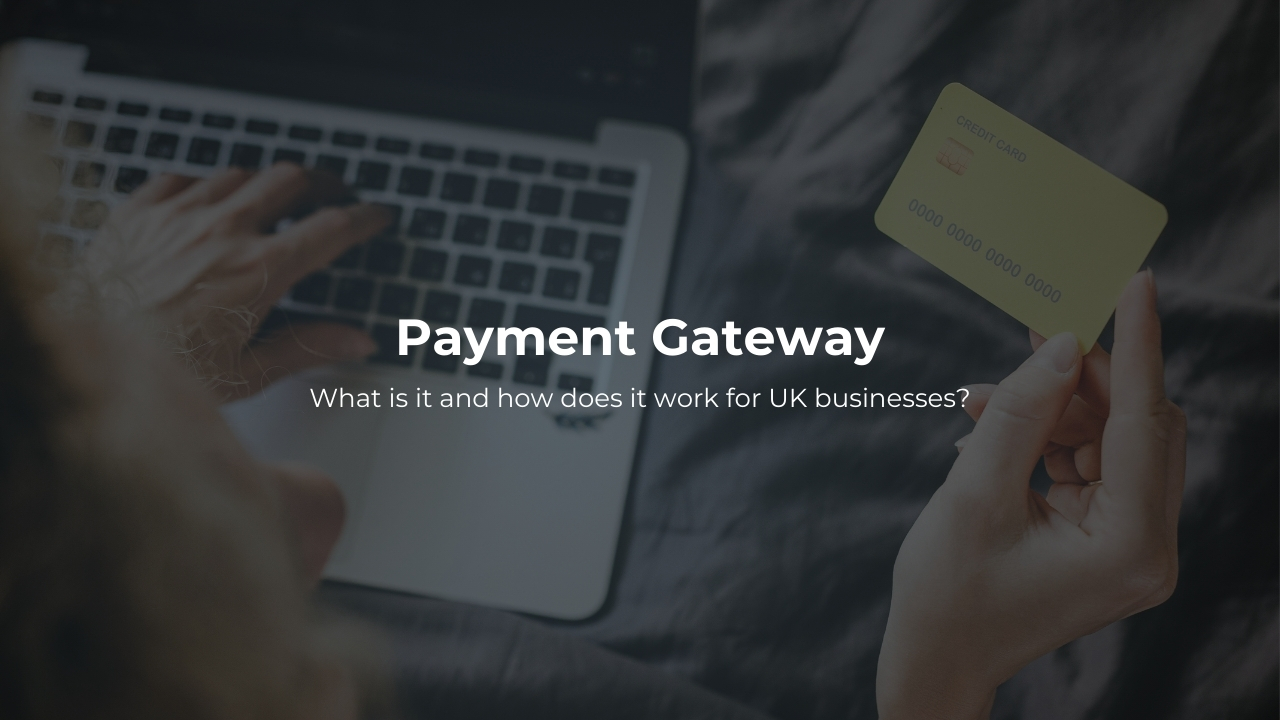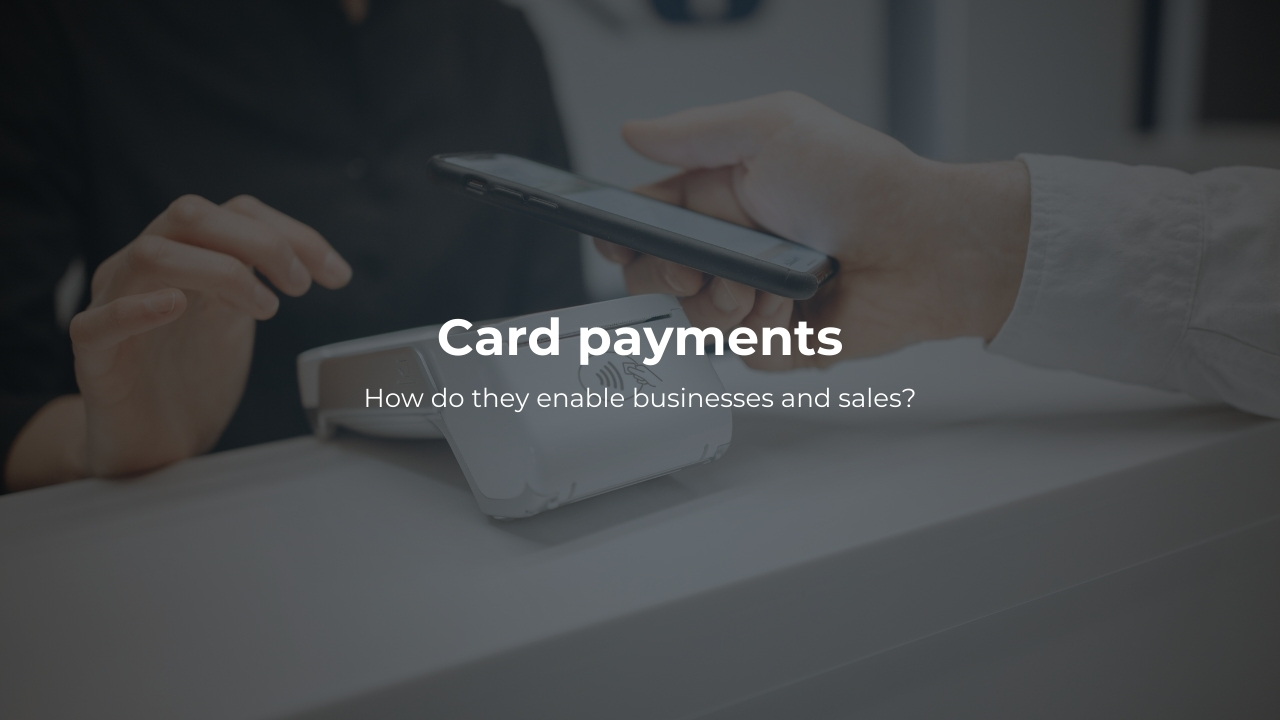The shift towards mobile commerce is reshaping the way customers shop and pay. Digital wallets are now the fastest-growing payment method worldwide, with global adoption expected to reach 68% by 2029 (a 15.3% growth; up from 52.6% in 2024). With smartphones never out of reach, consumers increasingly expect to browse, click, and complete purchases in just a few taps. And while user-friendly design is one part of the equation, the other is often overlooked: payments.
To keep up with these expectations, businesses need a flexible, secure, and mobile-optimised payment infrastructure. This is where a Payment Service Provider (PSP) comes in.
Introduction to Payment Service Providers
A Payment Service Provider is a third-party that facilitates electronic payment transactions between merchants and customers. Instead of setting up separate agreements with different card networks or banks, businesses can use a PSP to handle the entire payment process through one platform.
A PSP makes it easy to offer a variety of payment methods, like credit and debit cards, bank transfers, or digital wallets such as Apple Pay and Google Pay. On top of payment processing, Payment Service Providers often provide additional services.
It’s also important to note that not all Payment Service Providers handle every part of the payment process themselves. Some act mainly as intermediaries, partnering with acquiring banks or other providers to deliver the full payment service to merchants. This is common because not many companies offer card acquiring directly.
How do online payments work?
Imagine a customer shopping on your e-commerce site. They’ve picked out the items they want and head to the checkout.
Here’s what happens next:
- The customer adds the items to their cart, selects Visa as the payment option, and enters their card details.
- The Payment Service Provider captures the payment details and securely sends this information to the Visa card network.
- Visa forwards the payment request to the issuing bank. The bank checks that the card is valid and that there are enough funds available.
- If everything looks good, the bank approves the transaction. This approval message travels back through Visa and your Payment Service Provider to confirm that the payment went through.
- The approved funds are then transferred from the customer’s bank to your merchant account via the Payment Service Provider.
Meanwhile fraud screening, data security checks, and currency conversion (if needed) work in the background too.
Payment Service Provider vs. Payment Gateway
At first glance, Payment Service Providers and payment gateways can seem like they do the same job – help businesses accept online payments. But while they work closely together, they’re not the same thing.
Here’s how they compare:
| Category | Payment Service Provider | Payment Gateway |
| Main role | Manages the full payment process, making sure the transaction happens smoothly from start to finish | Securely transmits payment data between the customer, the merchant, and the acquiring bank, like a messenger |
| Who it connects | Connects the merchant with card networks, issuing banks, acquiring banks, and other payment services | Connects the merchant’s checkout page with the payment processor or acquiring bank |
| Merchant account provided | Usually yes | No, needs to be paired with a merchant account or PSP |
| Extra services | Fraud detection, chargeback management, compliance (like PCI DSS), reporting, multicurrency support | Only focuses on securely passing payment details; no additional payment services |
If your business already has its own merchant account and wants to keep payment systems separate, a gateway alone might be enough. But for many businesses, especially those looking for a simpler, all-in-one solution, a PSP is the easier and more efficient option.
Most Payment Service Providers include the payment gateway as part of their service, along with everything else you need to start accepting payments without managing multiple providers.
Why do businesses rely on Payment Service Providers?
There are several reasons why businesses, especially those selling online, choose to work with Payment Service Providers. Here’s what makes PSPs special:
Simple and fast setup: PSPs make it easy for businesses to start accepting payments without having to deal with multiple banks, card networks, or payment providers directly. Instead of managing several separate contracts, everything is handled through one partner with one integration.
One platform, many payment options: most PSPs support a wide range of payment methods: credit and debit cards, digital wallets, bank transfers, and local payment options depending on the region. This gives customers the freedom to pay the way they prefer, which can increase conversion rates and reduce abandoned carts.
Easier global expansion: for businesses selling internationally, PSPs offer support for multiple currencies and local payment methods. They also help handle the tricky parts of cross-border payments, like currency conversion and regional compliance rules, making it easier to enter new markets.
Security and fraud protection: Payment Service Providers take payment security seriously. They offer tools like fraud detection, transaction monitoring, and compliance with data security standards like PCI DSS. This helps protect both the business and its customers from fraud, chargebacks, and data breaches.
Clear reporting and insights: most PSPs provide access to reporting tools and analytics dashboards. These help businesses track payment performance, spot trends, and better understand customer behaviour, so they can make smarter decisions based on real data.
Room to grow: good Payment Service Providers are built to scale with your business. Whether you’re processing a few transactions a day or thousands, a Payment Service Provider can handle increasing volumes and support new payment methods as your business evolves.
Helpful customer support: when payment issues happen (and they sometimes do), having fast, knowledgeable support makes all the difference. PSPs typically offer dedicated customer service to help businesses resolve payment questions quickly and keep operations running smoothly.
How PAYSTRAX can help?
PAYSTRAX partners with Payment Service Providers, to offer comprehensive payment solutions to merchants and expand our reach, while also having the option to provide direct payment services to merchants. As a licensed Visa and Mastercard card acquirer, we support secure, compliant payment processing and enable businesses to accept popular payment methods like Apple Pay and Google Pay.
If you’re looking for reliable payment services – contact PAYSTRAX today.




